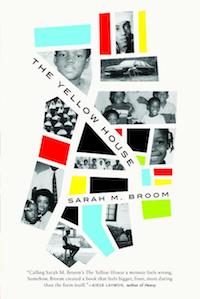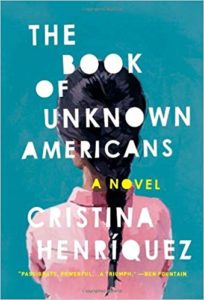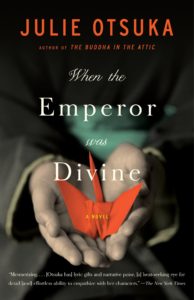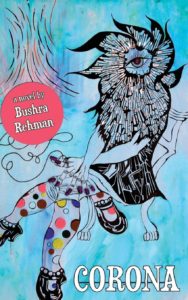A Literature of Belonging: Stories of Real America
Abby Manzella Recommends Books by Sarah Broom,
Cristina Henríquez and More
Words matter. When the president tweeted in July that four US citizens who are women of color and members of Congress should “go back” to the countries “from which they came,” he invoked a history of anti-immigrant propaganda that has been used throughout the centuries to limit perceptions of who belongs to this nation and to codify laws around who is allowed to stay. I studied this discrimination in detail when writing my book Migrating Fictions on internal migration in the United States. A long legal record exists that targets already disempowered groups based on race, gender, and class.
It is important that we see how the language we use and the narratives we build can harm immigrants and refugees, or they can be employed to extend welcome while expanding the voices we hear and the knowledge we possess. Our words could show that no one should be made to feel that their citizenship is contingent no matter if they were born here or came here from somewhere else. Then again, no one should have their rights diminished, no matter the status of their papers.
Furthermore, we need to hear more from those whom others attempt to silence by telling them they don’t belong. Our Congresswomen have a platform, but there are many others with stories to tell. I put together a list of some personal stories, both nonfiction and fiction, that fight these dehumanizing calls while addressing the long history of systemic racism in this country. These books also present their characters’ sense of belonging in their own bodies and the spaces in which they reside, and they deliver hope for imagined possibilities—all in the hands of talented women of color.

Sarah M. Broom, The Yellow House
(Grove Press)
Sarah Broom’s mother, Ivory Mae, bought the titular house in New Orleans East in 1961 and raised her family in it until Hurricane Katrina arrived. This book tells a story about the rootedness of an African American family and their neighborhood that many outsiders refuse to acknowledge because it is not the New Orleans of the French Quarter. In this rolling memoir we watch their everyday lives in a slowly sinking enclave, illustrating how the years pass and how property laws have been used over generations to keep certain people in their place while also making them feel out of place.

Cristina Henríquez, The Book of Unknown Americans
(Vintage Books)
Alma and Arturo Rivera make the difficult choice to upend their lives in order to get support for their daughter Maribel after an accident leaves her with a traumatic brain injury. For this purpose, they travel to Delaware, where Arturo can only find employment at the local mushroom farm and where the family lives in a cinder block apartment building. Through multiple perspectives of those at this housing facility, Henríquez—herself the daughter of an immigrant from Panama—tells the stories from those who have come to the US from throughout Latin America. By sharing a wealth of discrete experiences, she erases the notion that immigrants are one indistinguishable group. This story of love, loss, and an awareness of a system that refuses to acknowledge the humanity of so many people goes beyond documentation into the need for social justice for all.

Julie Otsuka, When the Emperor Was Divine
(Anchor Books)
This minimalist novel captures the experiences of Japanese American incarceration during World War II from the days of the governmental notices on the West Coast, which led to the round up and imprisonment of over 110,000 individuals of Japanese ancestry, to the days after their release years later. Strikingly rendered from the four perspectives of the unnamed members of a family, this book is based upon both extensive historical research as well as Otsuka’s curiosity about her own mother, uncle, and grandparents’ experiences in the camps. Otsuka paints a stark picture of what happens when a government is able to vilify an entire category of people, the majority of whom were US-born citizens and the remainder unable to become citizens because of US laws at the time that marked Asians as unassimilable.

Bushra Rehman, Corona
(Sibling Rivalry Press)
This collection of fictional stories centers on Razia Mirza, a Pakistani American who grew up in a Muslim family in Queens. In a series of poetic vignettes reminiscent of Sandra Cisneros’s The House on Mango Street, we follow Razia’s irreverent and youthful tales across the country in the liminal spaces of her life, which one character explains as the thresholds where we “move across the limits of what we were into what we are to be.” Cleverly, Razia shows how she and her experiences are already part of those mythical U.S. foundations, since, for example, the neighborhood of Corona is the “valley of ashes” in The Great Gatsby. She claims her place in this American experiment along with her right to tell its story and waits for others to catch up.




















